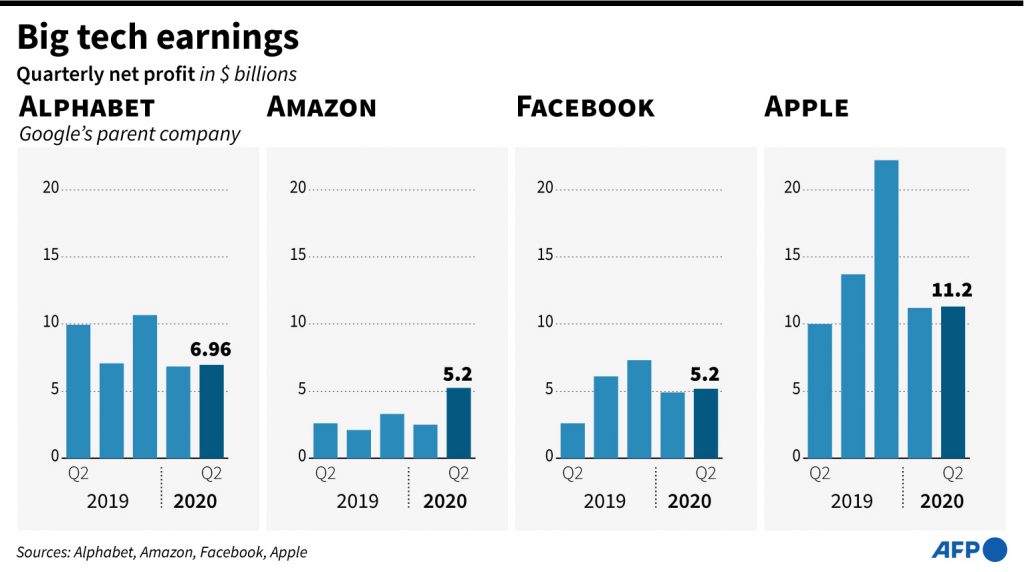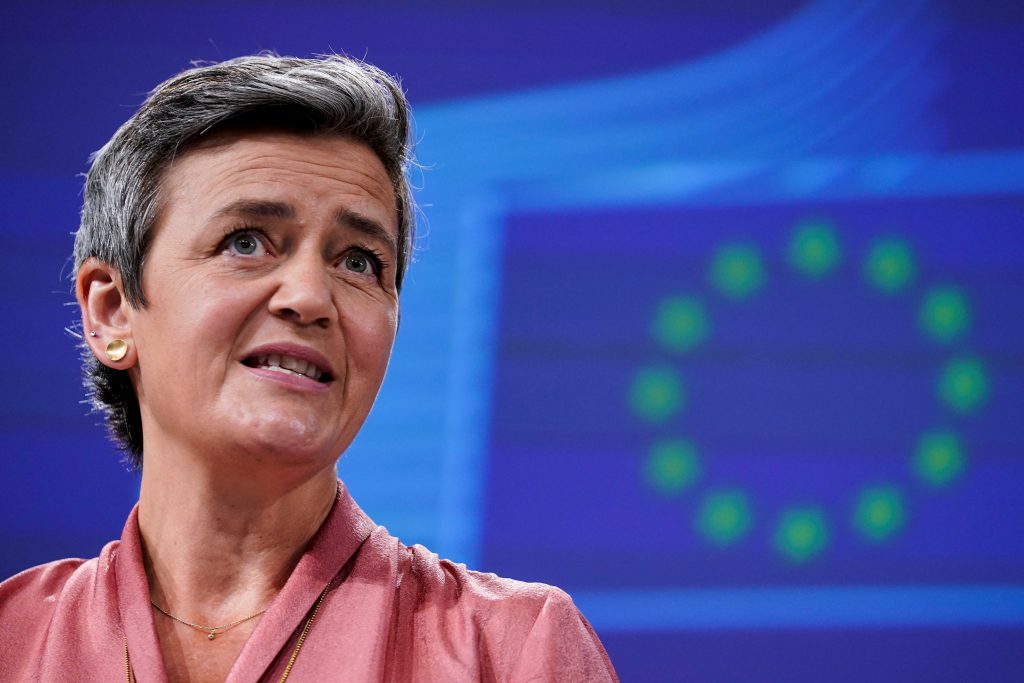MEPs back EU’s Big Tech clampdown

European Parliament has given the EU executive strong backing to draw up new rules against big tech that could become the most draconian ever against the likes of Google, Amazon or Facebook.
MEPs meeting in Brussels on Tuesday weighed in on the “Digital Services Act”, an upcoming EU legislation that aims to put sweeping limits on the tech giants and even see the firms forced to split up.
In a series of something called initiative reports, a huge majority of MEPs called on the EU to “future-proof” rules on tech firms that would go further and faster than competition law.
If adopted, the rules would again place Europe at the forefront of a global clampdown on big tech just as antitrust authorities in the US launched proceedings against Google, largely following the EU’s playbook.

“The eternally long competition proceedings against Google and other platform operators show that they can hardly be dealt with using the normal instruments of competition law”, said German MEP Markus Ferber.
Stricter rules “with bite” are needed, he added.
>>> READ ALSO – Big Tech’s aggressive EU lobbying has caused a power shift
‘Things will change’
The bill is currently being drawn up by the European Commission and leaks have showed an ambition to come out strongly against the firms.
The heart of the proposals will be to update the e-commerce directive, the law that currently governs online business, but that dates back to 2000, when Google was at its infancy and Facebook did not exist.

MEPs insisted that the law tackle a myriad of perceived problems created by big tech — from the rise of disinformation, the proliferation of hate speech, to the overwhelming market power of US giants that stifles the rise of rivals.
To do so, the law will create the notion of online “gate-keepers”, a group of 10 to 20 companies that Brussels says have become so powerful that they now need to special rules to govern them with a clear list of do’s and don’t’s.
>>> READ ALSO – Why is the ECB eyeing a ‘digital euro’?
These could include bans on featuring their own services in search results or pre-installing apps such as browsers or maps on smartphones and many others.
Margrethe Vestager, the EU’s executive vice president for competition, is key to conceiving the proposal and said the viewpoints by MEPs were in line with what her teams wanted to do.
Europe’s multinational parliament
“Fundamentally, we share the same goals,” Vestager told MEPs in a debate ahead of the vote.
“We will have to say to some of the gatekeepers, the largest platforms, that things will change,” she said.
The EU’s proposals are expected in December and will face a months-long ratification process by parliament and member states.
Source: ednHUB / Agence France-Presse